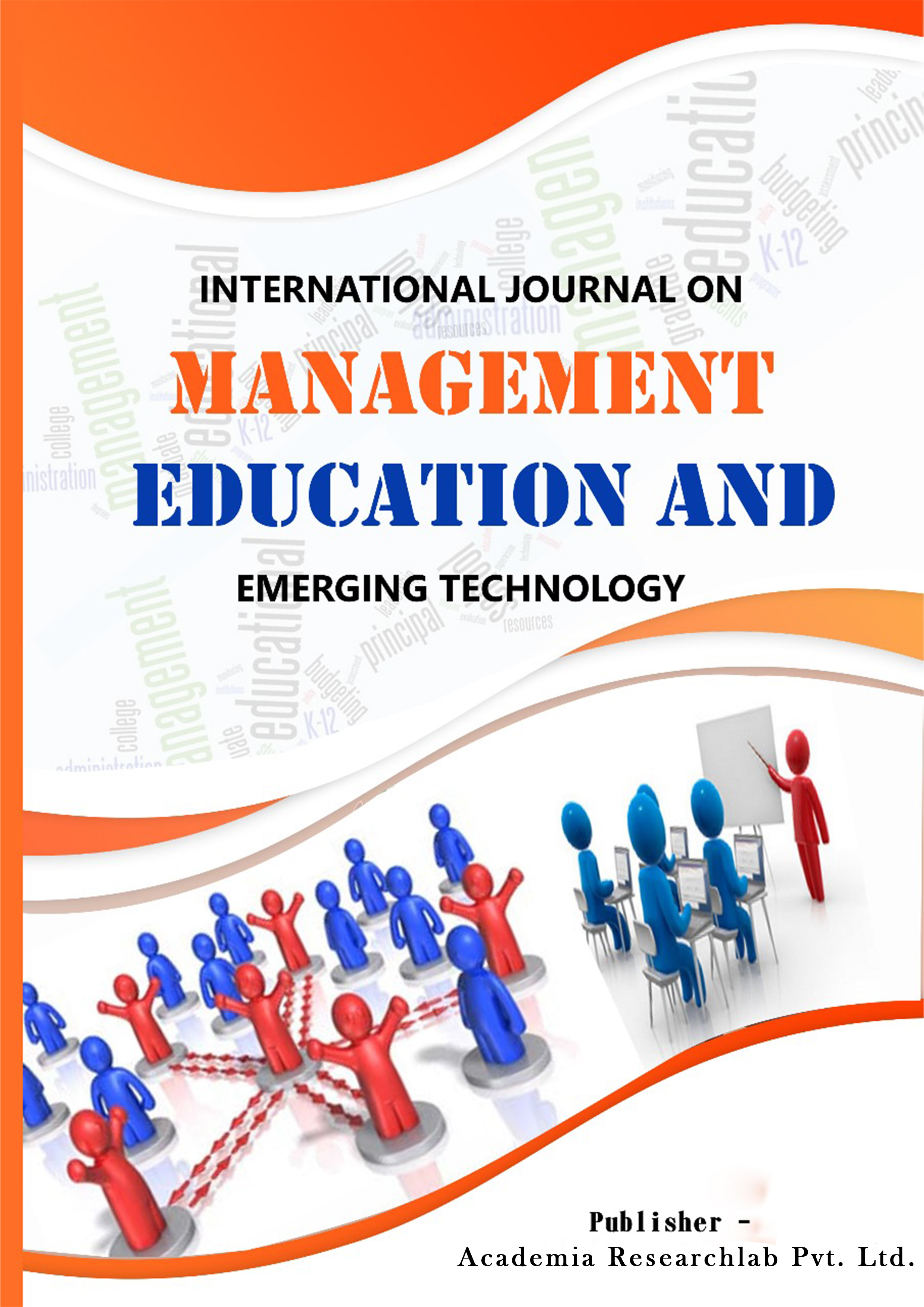The Influence of Dynamic Capabilities and Strategic Orientation of SME Leaders
Keywords:
Organisational Resilience, Dynamic Capability, Strategic Orientation, SME LeadersAbstract
Organizational resilience (OR) has become increasingly vital due to the unprecedented disruptions in the corporate environment. In today’s knowledgedriven economies, small and medium-sized enterprises (SMEs) serve as key drivers of local economic growth and employment generation. To enhance business sustainability, SMEs must strategically develop organizational resilience. The theory of dynamic capability (DC) provides a framework for organizations to integrate, renew, and adapt their resources, capabilities, and competencies in response to highly volatile environments. However, many SME leaders struggle to continuously manage OR and must deliberately move beyond conventional capability-building approaches to navigate challenges and seize opportunities. This study presents a comprehensive framework to explore the relationship between OR and DC, drawing on data collected from 441 business leaders in the SME sector. The findings indicate that a well-balanced DC is crucial, particularly for SME leaders, who must proactively leverage specialized competencies and expertise in business processes to enhance organizational resilience. Additionally, the study highlights the significant role of strategic orientation in mediating the relationship between DC and OR, particularly in periods of economic uncertainty. The results further suggest that older SMEs must adopt a more strategic orientation and implement necessary reforms to strengthen resilience within the Malaysian SME sector.
Additional Files
Published
How to Cite
Issue
Section
License
Copyright (c) 2024 International Journal on Management Education and Emerging Technology(IJMEET)

This work is licensed under a Creative Commons Attribution-NonCommercial-NoDerivatives 4.0 International License.





